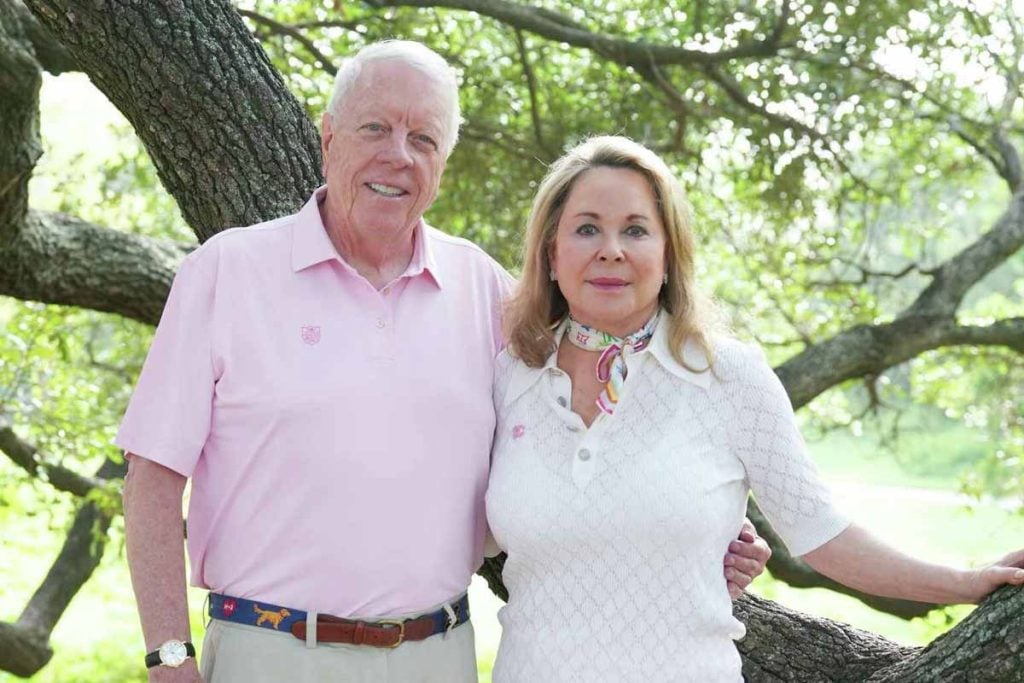Big gifts change skylines, yet steady commitments change lives. Nancy and Rich Kinder are translating wealth into local action, and they are doing it at scale with Houston charities. Their goal is simple, while the path stays ambitious. Give almost everything, prioritize public spaces and learning, lift neighborhoods through culture and play, and inspire others by example. The promise feels bold because it focuses on home, not headlines. Momentum is already visible, and the stakes feel personal.
Why this pledge matters for parks, arts, and schools
The Kinders say generosity should be practical and local. They have pledged 95 percent of their fortune, topping $10 billion, to civic priorities. Parks, arts, education, and neighborhood life sit at the center. Impact comes from access, not spectacle, while projects stay open to everyone. They focus on lasting use.
The pledge aligns love of place with disciplined giving. Through their foundation, launched after their 1997 marriage, they emphasize maintenance and public joy. By partnering with Houston charities, they channel resources toward spaces where families learn, play, and breathe. The frame is simple, yet the planning behind it is rigorous.
They were early signers of the Giving Pledge, launched in 2010 by Bill and Melinda Gates and Warren Buffett. In 2011, they promised to direct 95 percent of wealth during life or at death. They often note abundance reflects many hands, so the return should be shared back.
How Houston charities anchor the Kinders’ long-term strategy
Momentum is building at Emancipation Park in Third Ward. Following a groundbreaking ceremony, an $18.5 million expansion will bring a new outdoor performance stage and an upgraded cultural center. These additions complement the pool, playground, and recreation center that were rebuilt during a major overhaul back in 2014. The entire project is open to the public.
The Kinder Foundation provided lead funding and a clear brief. Build open spaces that spark gatherings, music, and movement, then keep them welcoming for everyone. Their approach mixes projects with programming, so improvements live beyond ribbon cuttings through concerts, camps, and community learning. That balance strengthens civic life.
Completion is planned in time for next year’s Juneteenth celebrations, reinforcing the park’s cultural heartbeat. After the groundbreaking, they discussed priorities with ABC13’s Melanie Lawson, underscoring transparency and local accountability. By linking projects to programs, they center Houston charities in sustained community building, not one-time announcements or ceremonial moments alone.
What early milestones reveal about impact and momentum
Impact compounds when projects meet people where they gather. Since 2012, the Kinders have supported Emancipation Park through Jazzy Sundays concerts that draw thousands. Music builds belonging, while safe, shaded grounds welcome elders and kids. Programs teach skills, invite volunteers, and keep spaces active beyond big seasonal celebrations.
They’re looking at this through a wider quality-of-life lens. Green spaces boost people’s health, cut down on stress, and even help kids do better in school nearby—but public budgets just can’t keep up. Since parks are usually the first thing to get cut when money’s tight, philanthropic funding can jump in to handle the gaps in planning, maintenance, staffing, and programs that keep these places thriving. That support builds reliability. It also protects local pride.
Still, risk exists when projects overlook history or local voices. Best practice starts with neighborhood leadership, open data, and shared design, then continues with clear maintenance plans. By coordinating with Houston charities, schools, and civic clubs, funders can align staffing, safety, and programming so spaces feel welcoming every day.
Why Houston charities benefit from patient capital and continuity
Scale matters because it sets expectations for what continuity can deliver. As of Friday, Forbes’ real-time tracker placed their net worth at $11.2 billion. A 95 percent commitment suggests more than $10 billion for public purposes, with parks and learning at the front of the line. That is uncommon scale.
The couple helped launch a norm when they signed the Giving Pledge in 2011. Philanthropy can be loud, yet their model favors patient, local investments over scattershot grants. They argue that many people enable success, so wealth should circle back into shared, everyday assets. That belief guides timelines.
City budgets often run out of money for parks first, they note, which creates fragile systems. Philanthropy can stabilize plans by covering design, operations, and activation during lean years. Partnerships with Houston charities and public agencies help ensure projects survive cycles, while access and safety stay consistent for families.
Lessons, safeguards, and the road to broad community trust
Emancipation Park stands at the heart of Third Ward, both historic and forward-looking. The Kinders describe it as a place worth enhancing and preserving for generations. They stress collaboration, acknowledging other foundations and neighbors whose support turns design goals into daily routines and seasonal traditions. That humility builds trust.
Nancy Kinder frames legacy as responsibility. She says she wants grandchildren to feel proud, and to carry similar expectations as they grow. Values move fastest through stories, so families, clubs, and teachers help young people see generosity as normal, practical, and joyful. That culture protects long horizons.
Strong safeguards also matter. Clear grant reporting, public dashboards, and open meetings invite questions while improving design. Working closely with Houston charities, city departments, and neighborhood leaders can align metrics with lived experience, so projects prove useful, inclusive, and resilient across years and different economic weather. That openness earns trust.
A forward look at civic stewardship built for many tomorrows
The path ahead blends patience, partnership, and measurable outcomes. By committing almost everything, the Kinders have set a bar that centers local good. Projects at Emancipation Park show how careful design, programming, and stewardship reinforce one another. Because Houston charities sit close to daily life, their work can keep hope practical, visible, and shared. That vision grows as neighbors join, budgets align, and stories of use guide every next step.
